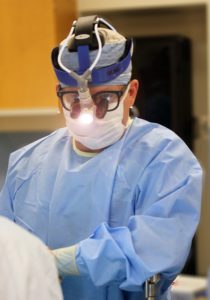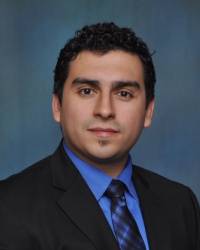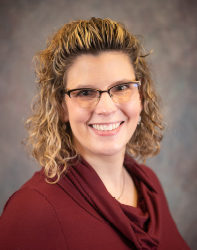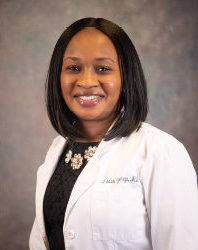Hospitalist Program
A hospitalist is a physician or advanced practice provider who specializes in caring for patients admitted to a hospital. A hospitalist acts as a primary provider while patients are hospitalized, from admission through discharge and is in frequent contact with the primary care physician of the patient.
At Newman Regional Health, our hospitalist program includes a team of healthcare providers who provide care for inpatients and outpatient observation patients over the age of 18 who have been admitted to our hospital. Working closely with our emergency room physicians and a wide range of specialty physicians and clinical departments, our hospitalists are available 24 hours a day, seven days a week to help patients get well and return home.
Newman Regional Health is dedicated to improving health in our communities by providing high quality care. The Hospitalist Program at Newman Regional Health is a team of providers who specialize in inpatient care for patients that are admitted into the hospital.
Benefits of a Hospitalist Program
- Shorter waiting time for a bed. The hospitalist helps speed up the process of getting patients admitted from the Emergency Room.
- Better communication. The hospitalist becomes the center point of communication for the patient, family, primary care physician, and specialists.
- Personalized, family-centered care. Hospitalists practice full-time in the hospital and are available to answer patient and family questions.
- Shorter hospital stay. The hospitalist acts as provider and coordinator of care eliminating much of the wait time for tests, results, and consultations.
- Quicker discharge. The hospitalist can give discharge approval more quickly as they are always in the hospital, to get patients on their way home sooner.
- Continuity of care. The hospitalist team work seven consecutive day shifts; the likelihood of having the same team during a patient’s stay is very high.
- Better quality of care. The hospitalist is nearby and will see patients several times a day, if needed.

Why did my family physician stop seeing patients in the hospital?
For almost 100 years, Newman Regional Health cared for hospitalized patients with a community physician model where physicians saw patients in their own clinic and also in the hospital if they had to be admitted. Over the years, increased physician specialization, severity of illness of hospitalized patients and the advent of electronic medical records in hospitals and physician clinics led to a dramatic increase in the amount of time it took to complete a patient visit in their clinic and admit, round on and discharge hospitalized patients.

Frequently Asked Questions
How will my primary care physician know about my condition?
At discharge, the hospitalist communicates with the patient’s primary care physician to discuss any additional treatment, arrange follow-up care, and prescribe medications. The hospitalist also sends hospital records to the patient’s primary care physician.
How do I contact the hospitalist about my care?
If a patient or family member has questions during their stay, ask the nurse to contact the hospitalist who is caring for them and they will be happy to contact the hospitalist team.
Will the hospitalist be involved in follow-up care?
A relationship with the hospitalist is usually limited to a patient’s time in the hospital. However, hospitalists do make themselves available to primary care physicians and specialists for consultations. Primary care physicians will continue to be a patient’s regular provider after their hospital stay.

Meet the hospitalist team

Telemedicine Hospitalist












